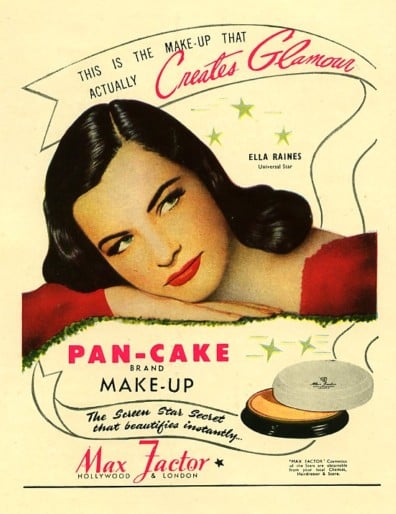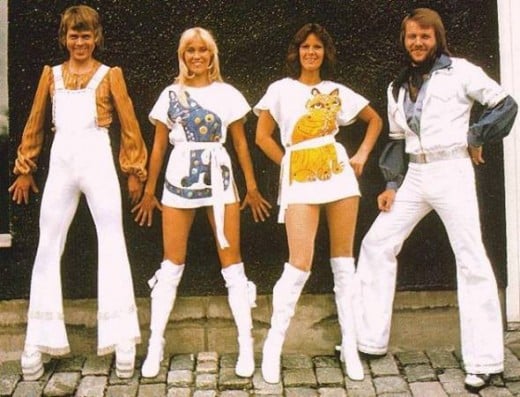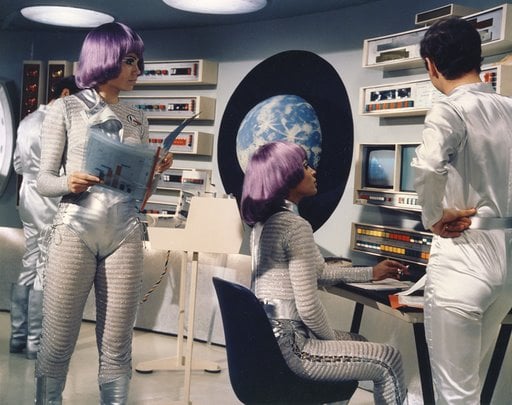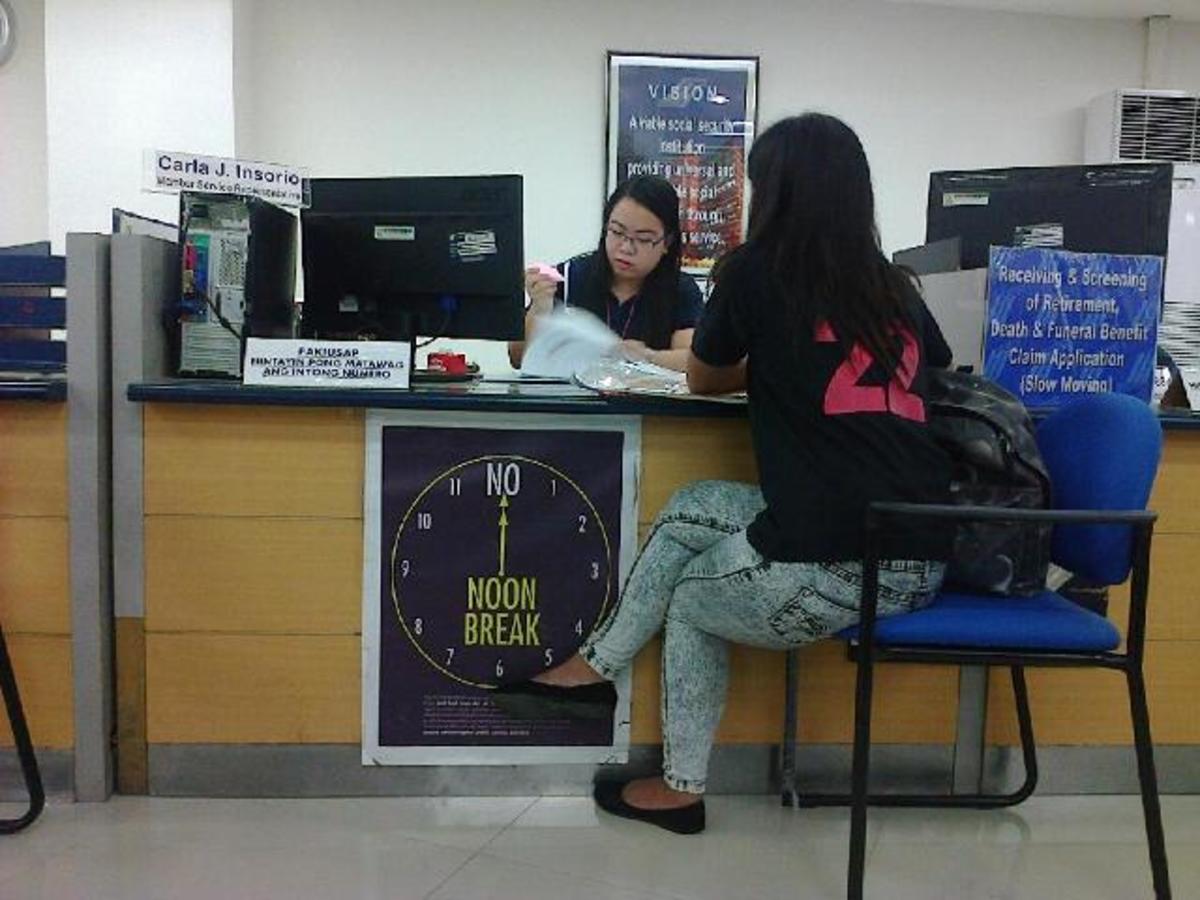Job Hunting - How To Write Resumes, CVs, Speculative and Cover Letters
Make the Short List for Interview!
This is the second of a series of three articles that examines the process of finding a new job.
In the first article we looked at how to locate suitable vacancies and here we're looking at the application process and how to stand out from other candidates with your cover letter and resume or CV.
Here is how to win that interview place and get in front of your potential boss so you can really sell yourself.
If you want go back to the beginning and the earlier articles, Click Here.
When a post is advertised, there may be hundreds of applicants. Although the company will be keen to fill the post, their first priority is to reduce the application pile to a manageable short list of around 3 to 6 for interview.
Someone, probably with little technical background or knowledge of the job, will be tasked with drastically reducing the pile of applications before they are passed on to the potential employer.
The person carrying out this first pass will be motivated to reject. Reasons for being turned down may include a lack of expected key words in the resume or CV and covering letter or poor presentation, for example misspellings or grammatical errors. Failure at this stage may even be based on dubious criteria such as age.
Fight Rejection!

Don’t give the pre-selector an excuse to reject your application. Read the advert or job description carefully and then produce your own summary of the person they are looking for.
In your letter of application or covering letter, try to match this specification but be careful not to make it too obvious.
For example, if the employer is looking for a first-class designer with a flair for marketing, you could point out that, after successfully leading your last project and getting the product into manufacturing on time, you were seconded to the marketing department for 6 months to help with the highly successful product launch.
Keep your cover letter concise. Put in the most important points first – remember, the pre-selector will skim the first paragraph looking for reasons to add you to the reject pile. Avoid volunteering information that might be seen as a weakness unless it is specifically asked for.
For example, although there is a much more enlightened view of older workers these days, if you can remember Elvis performing live or Beatle haircuts, it might be wise to omit your date of birth from your resume.

SIGNUP WITH HUBPAGES TODAY!
HubPages membership is totally FREE - Get writing, make friends (and if you want) Make Money!

All About Marketing
Job hunting is all about marketing. While you will need more than just slick ‘spin’ to get through the interview, good presentation will maximise your chances of being included in the shortlist.
So write down your strengths and weaknesses and compare these with the qualities and skills the company are looking for. Just as you emphasise your strengths, try too to overcome any known weaknesses. If your experience and skills are dated, try to cover this by emphasising any recent projects involving the latest technology.
Strive to be enthusiastic about not only what you have done in the past but also what you hope to achieve with your potential employer in the future. Bosses like ‘can do’ people. Remember, the ultimate driver in business is the bottom line. If you can demonstrate your ability to save or make money for the company, then any successful business will be desperate to hire you.

Benefits vs Features
Technical people tend to think and talk in terms of technical features. Marketing and Sales people, on the other hand, talk in terms of benefits. Most people buy on benefits rather than features. For example, people don’t buy a mobile phone because of its chip set or technology but because of its overall performance and appearance.
Benefit criteria are also applied when hiring staff. Those involved in recruitment will be concerned with budgets and profitability as well as with technical ability or paper qualifications. Therefore in your resume or CV, don’t just describe what you did with previous employers but try to demonstrate how it contributed to the success of the business.
Persuade the company of the benefits of hiring you rather than just describing a list of personal features such as educational qualifications.
“I led a design team of three who developed an XYZ machine,” is less impressive than ”I successfully led a project, which resulted in annual sales of $10M and generated 10% of the company profit last year.”
Stand Out From the Crowd

Try to make your resume and covering letter stand out from the pile. Experiment with typefaces and formats. You might consider printing onto expensive-looking paper, for example.
Aim to keep your resume or CV brief – less than 2 pages long if possible. Keep them guessing. Include only enough information to wet the selector’s appetite. If they want to find out more then they will have to interview you. If you have a lot of experience, try to emphasise what you have achieved more recently. Avoid appearing to be ‘stuck in a rut’ or a ‘has-been’.
Don’t be afraid to follow up your initial application. In the case of a speculative letter, you could even mention that you plan to phone in a week’s time once they have had a chance to read it. This means your follow up query isn’t a ‘cold’ call.
Although phoning can be a bit daunting, the feedback provided will be worth it. Even if there are no suitable vacancies at present the person you speak to may reveal the company’s future plans or indicate why your current proposal was unacceptable.
Visit If You Can

Look for any opportunity to visit a potential employer. If you are offered an interview for a post that you don’t feel is suitable, but would like to work for the company, then do attend the interview. If they like the look of you, they are likely to consider you for other posts.
Remember, if you can persuade your potential employer that by hiring you the company’s profitability will be significantly improved, a job offer should be guaranteed!
In the final article, Land That Job, (click link to read now) we’ll look at preparing for the job interview as well as how to make the right impression on the day of the interview.
More on Job Hunting from Rik
Job Hunting - How To Succeed at Interviews
The last in a series of articles on the job hunt.
Job Hunting - Introduction, Tips and Advice
Successful Job Hunt article series.








